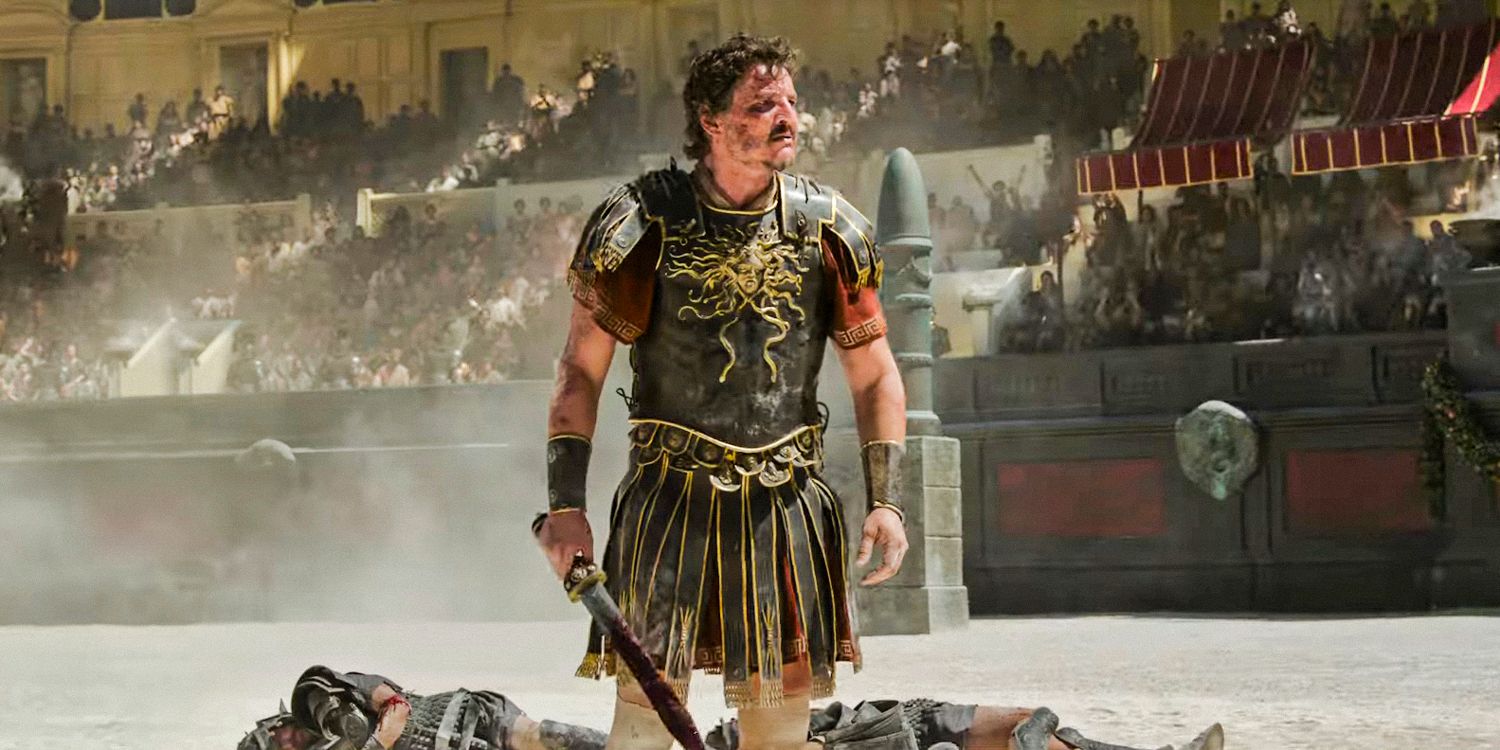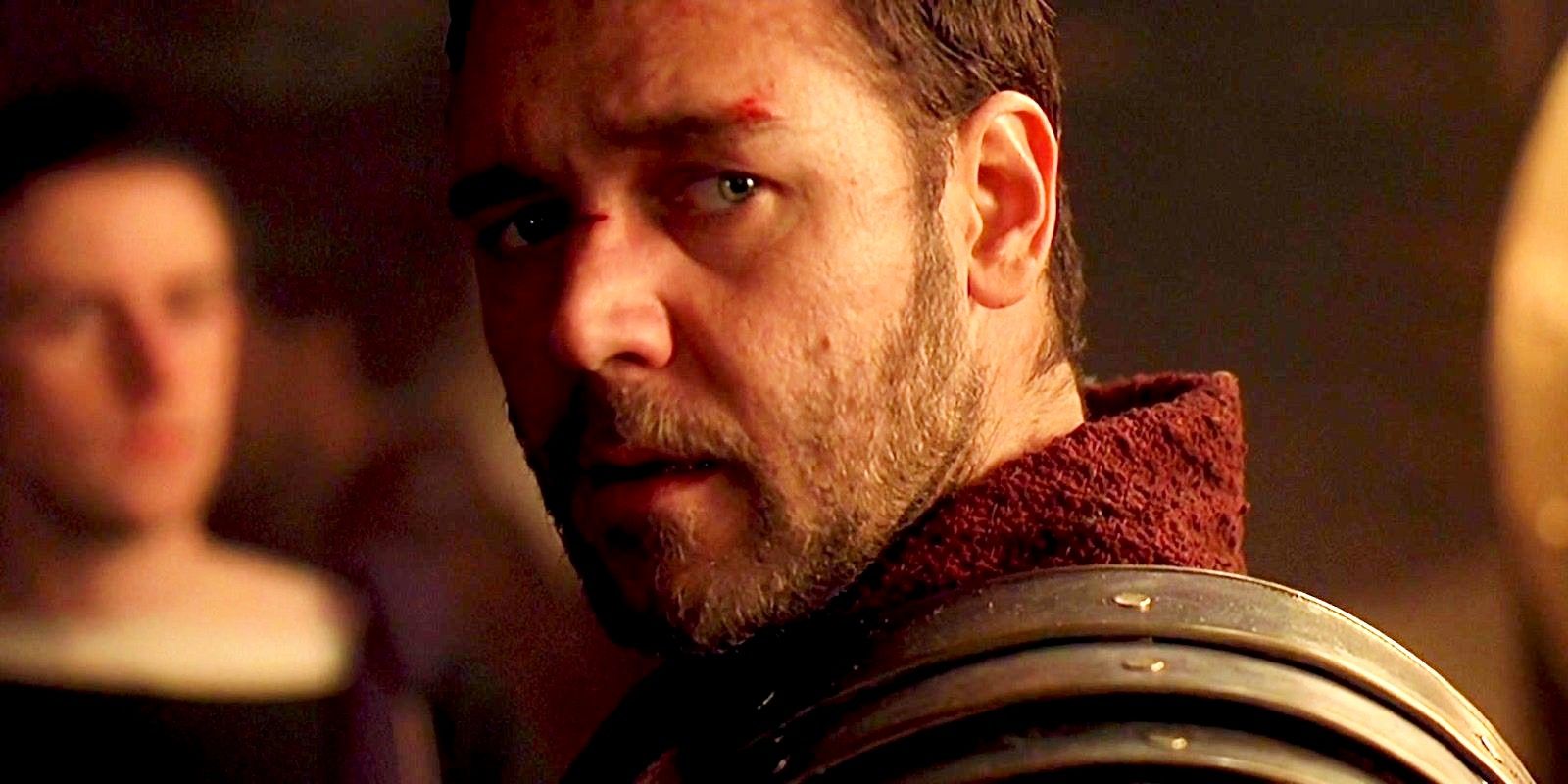Gladiator II
admonition : hold SPOILERS for Gladiator IIGeneral Acacius is a critical ingredient of Ridley Scott’sGladiator II , and Pedro Pascal ’s carrying out keeps the outstanding motion picture grounded . move over his primal theatrical role , many viewers are intelligibly keen to know whether he was a real person . While the director has often drawn stirring from real historical events and figures , General Acacius is a leaving from romish chronicle .
As well as being adark copy ofGladiator ’s Maximus , Acacius is an interesting vehicle to labour Lucius ’ plight and wonder the power structure in the story . As a fictional creation , he also works as a stand - in for the diachronic circumstance that Generals were indeed considered celebrities in ancient Rome . Gladiator II ’s box office has already broken Ridley Scott records , andthe Libra the Scales of historical influence and cinematic spectacle is part of what makes his storytelling so successful .
Gladiator 2’s General Acacius Is Not Based On A Real Person
Pascal’s Character Is Fictionalized But Written With Equal Gravitas
General Acacius , his matrimony to Lucilla , and his rebellion are entirely fictional . There is no General Acacius in Roman story . The intention he serves inGladiator II ’s castis to give Lucius someone to take revenge on for the death of his wife , which ring Maximus ’ vengeance plight inGladiator . His role as a general is also a way to depict that the Emperors Geta and Caracalla ’s desire dominion for district ’s sake . The character , played by Pedro Pascal , is well - written and a great example of whynot everything inGladiatorneeds to be historically accurate .
[ Ridley Scott ] blends history with cinematic grandiosity and compelling quality study to produce moving stories …
Another reason General Acacius need to be fictional is that Lucius ’ news report is also fictionalize . Lucius Verus II , the son of the co - emperor butterfly Lucius Verus and Lucilla , died young , along with his babe Aurelia Lucilla . In the movie , he survives and becomes a Gladiator like his fictional father , Maximus . historic figures mold Ridley Scott , but his flick are not marital to historic truth . Rather , he blends history with cinematic grandiosity and compelling character studies to produce moving account . He had historic advisors for the first movie but allegedly did not forGladiator II(The Guardian ) , instead prioritise spectacle and tale persistence .

General Acacius May Be Inspired By Other Roman Generals
Ancient Romans Did Have Celebrity Culture Idolizing Military Figures
The priority in the sequel is Ridley Scott ’s vision and how it has developed sinceGladiator . However , some generals were indeed regarded as celebrity in ancient Rome . For exercise , Gaius Julius Caesar was originally a general . Caesar ’s rise to power was significantly aided by his famous person status , stem primarily from his military subjection . Ancient Rome ’s celebrity culture was the inverse of ours . Those with military and political rank were celebrated ; those we would consider celebrities today , such as actors , musicians , or any performers , were afflicted with“infamia”to discourage adoration of these figures ( perPrinceton University Press ) .
In Gladiator II , Pedro Pascal plays a papistical superior general who prepare instantly under Maximus , potentially make a dark bequest for the original Gladiator .
This is specially relevant to Scott ’s enactment of public spectacle . gladiator were popular with the public , and the elite reacted consequently to keep their adopt moral high quality . They used the conception of“infamia”to discourage gratuitous Roman citizens from entering the arena for their amplification . Infamia stripped their rights and it was a sort of societal death . The room the elite manoeuver the moralisation of the public is on show inGladiator IIwhen General Acacius is put in the arena to fight for his life . He was previously adore as a military fame , then cut to a performing artist .

Image via Paramount Pictures
origin : The Guardian , Princeton University Press
Your Rating
Your comment has not been saved
Cast




